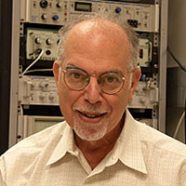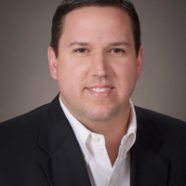December 22, 2019
$199,972 (2-year award) Funding for this grant is an attempt to promote research targeted to identifying agents or druggable compounds that may increase expression of UBE3A in brain neurons. Using multidisciplinary facilities, advanced genetic engineering and robotic drug analysis, this grant […]
Read more
December 22, 2019
$25,000 – RDCRN Training Grant This proposal seeks to compare the yield of routine EEGs obtained as a standard in the Angelman Natural History protocol with two other types of EEG recordings to identify common EEG patterns. These patterns include […]
Read more
December 22, 2019
$92,144 – 1-year With previous support from the ASF, Dr. Elgersma engineered a UBE3A- inducible mouse in which the UBE3A gene (responsible for causing AS) is non-functional when the mouse is born. However, by a medication injection at any desired […]
Read more
December 21, 2019
$170,202 (2 years) Previous research discoveries have indicated that one of the UBE3A target proteins, Arc (activity-regulated cytoskeleton-associated protein) plays a critical role in regulating synaptic plasticity and long-term information storage in the brain. By understanding how Arc is involved […]
Read more
December 21, 2019
$200,000 (2 years) Previous work on a major synaptic protein, Calcium/calmodulin-dependent protein Kinase II (CaMKII), suggests that it has a central role in producing the developmental deficits in Angelman syndrome (AS). This research seeks to better understand how CaMKII activity […]
Read more
December 21, 2019
$25,000 – RDCRN Training Grant This proposal seeks to compare the yield of routine EEGs obtained as a standard in the Angelman Natural History protocol with two other types of EEG recordings to identify common EEG patterns. These patterns include […]
Read more
December 21, 2019
$84,011 In this study, Dr. Dindot plans to investigate whether gene therapy in the AS mouse (using lentiviruses as the vector) is a viable therapeutic option, and thus a future possibility for individuals with AS. He will also examine the […]
Read more
December 21, 2019
$200,000 – 2-years Dr. Zylka’s lab will expand on the work previously funded by ASF that led to the identification of a family of topoisomerase inhibitors that can unsilence the paternal UBE3A gene. In order to learn more about this […]
Read more








